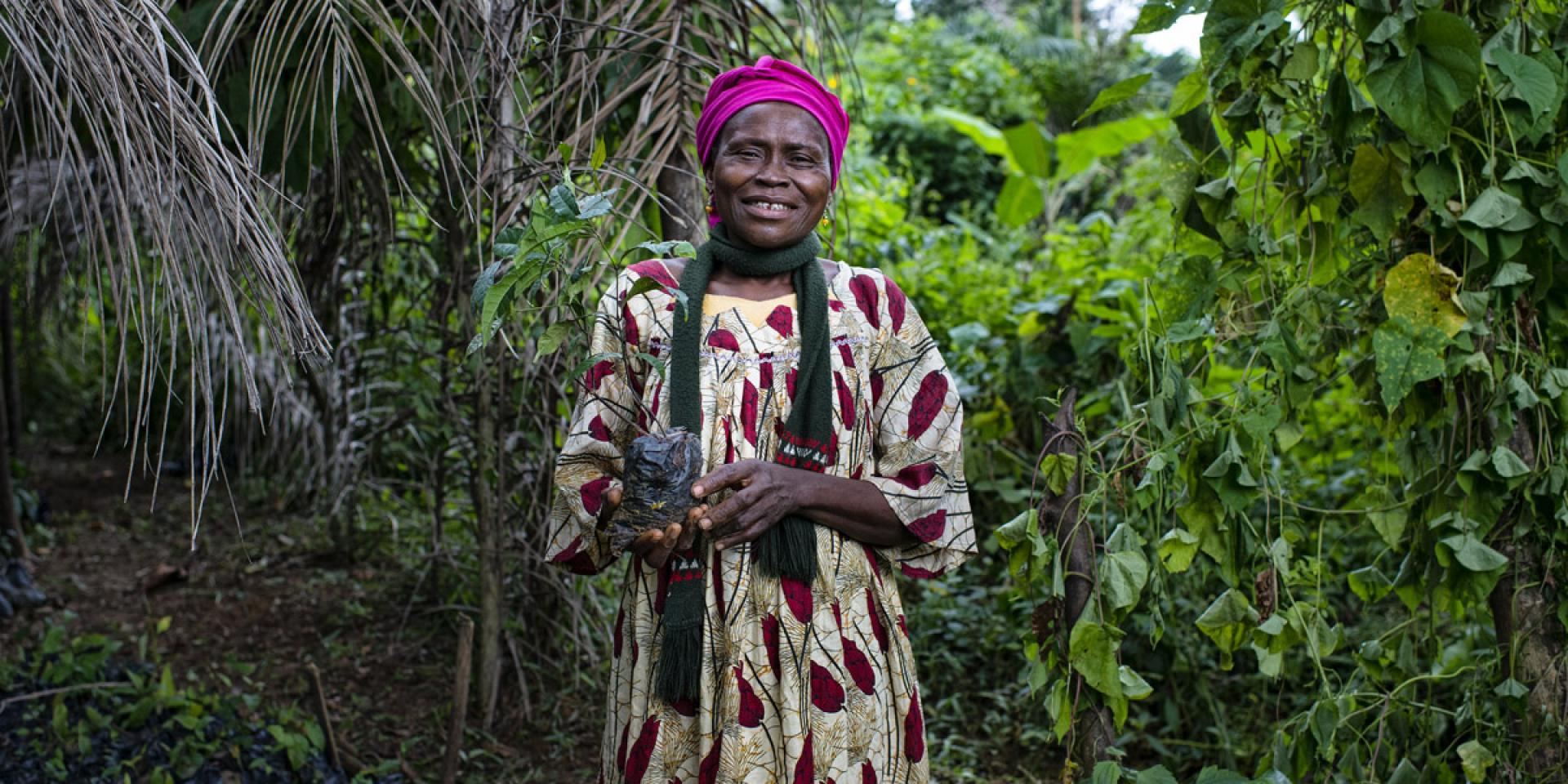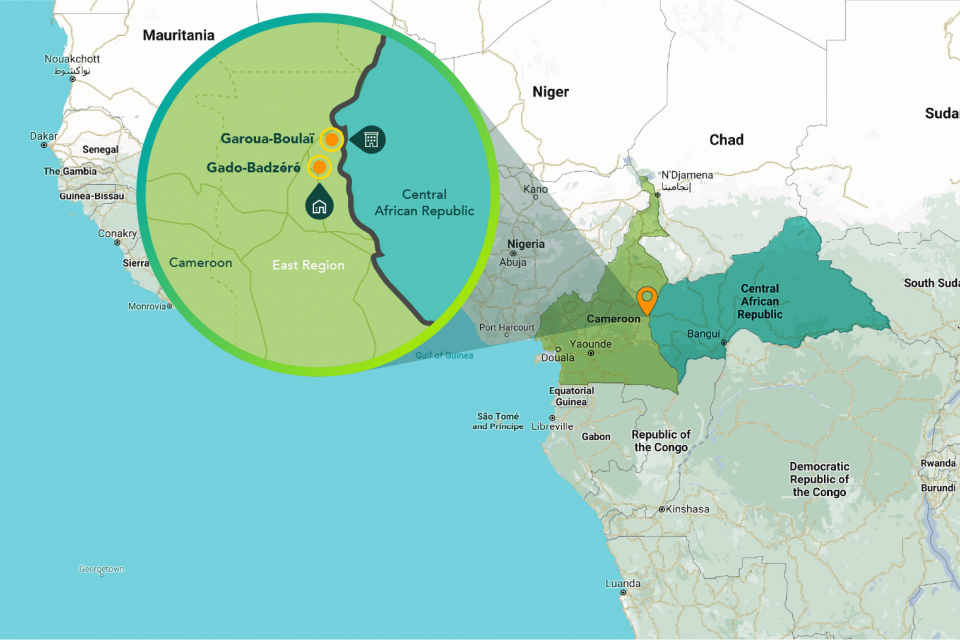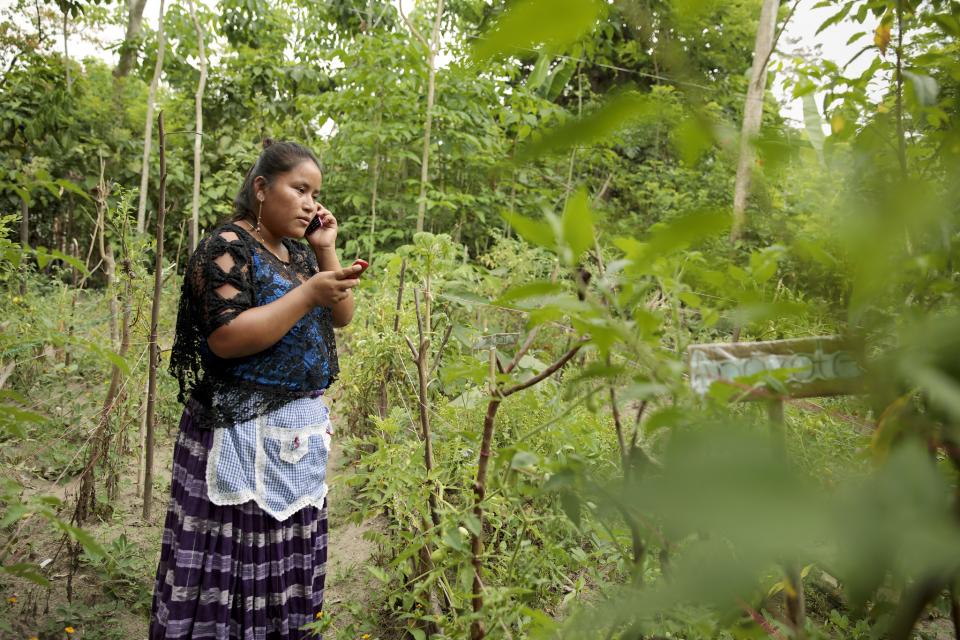Land restoration enhances opportunities for rural and Indigenous women, spurs poverty reduction in Cameroon
 Photo: Ollivier Girard/CIFOR-ICRAF.
Photo: Ollivier Girard/CIFOR-ICRAF.
Workshop shares results from research and practice on women’s and minorities’ participation in restoration projects.
29 May 2024 (Yaoundé, Cameroon)—Land degradation poses significant challenges to humanity, including food insecurity, rising food prices, climate change, environmental risks, and loss of biodiversity and ecosystem services. In Cameroon alone, over 4 million people are affected by the degradation of approximately one-third of the total land area, totalling 15,160,000 hectares.
In light of this, on 7 May 2024, stakeholders from government bodies, civil society organizations, research institutions, and donor agencies convened at the La Falaise Hotel in Yaoundé for a workshop to present research results and achievements from the ‘Land Restoration for the Empowerment of Rural and Indigenous Women and Poverty Reduction in Cameroon (LRIWEP)’ project.
Cameroon has committed to restoring 12 million hectares of degraded land through the AFR100 initiative of the Bonn Challenge. Recognizing the pivotal roles of rural women and minority populations in achieving this ambitious goal, the LRIWEP project was launched in May 2022, in response to the need for sustainable and climate-resilient recovery following the COVID-19 pandemic.
Led by the Center for Support to Women and Rural People (CAFER) in collaboration with the Center for International Forestry Research and World Agroforestry (CIFOR-ICRAF), Actions for Biodiversity and Land Management (ABIOGET), and Rainforest Alliance (RA), the project sought to inform policies and practices that promote the participation of women and minorities in land restoration initiatives, and address gender-related barriers to economic opportunities for these populations. The project was funded by the International Development Research Centre of Canada (IDRC) under the Gender in Low-carbon Worlds (GLOW) programme.
At the end-of-project workshop, team members presented research results and share solutions to strengthen women’s autonomy in land restoration. With a diverse range of participants, including policymakers, community leaders, and representatives from academia and donor agencies, the workshop shared insights, gathered feedback, and began to chart a path forward for sustainable land management practices within the country.

